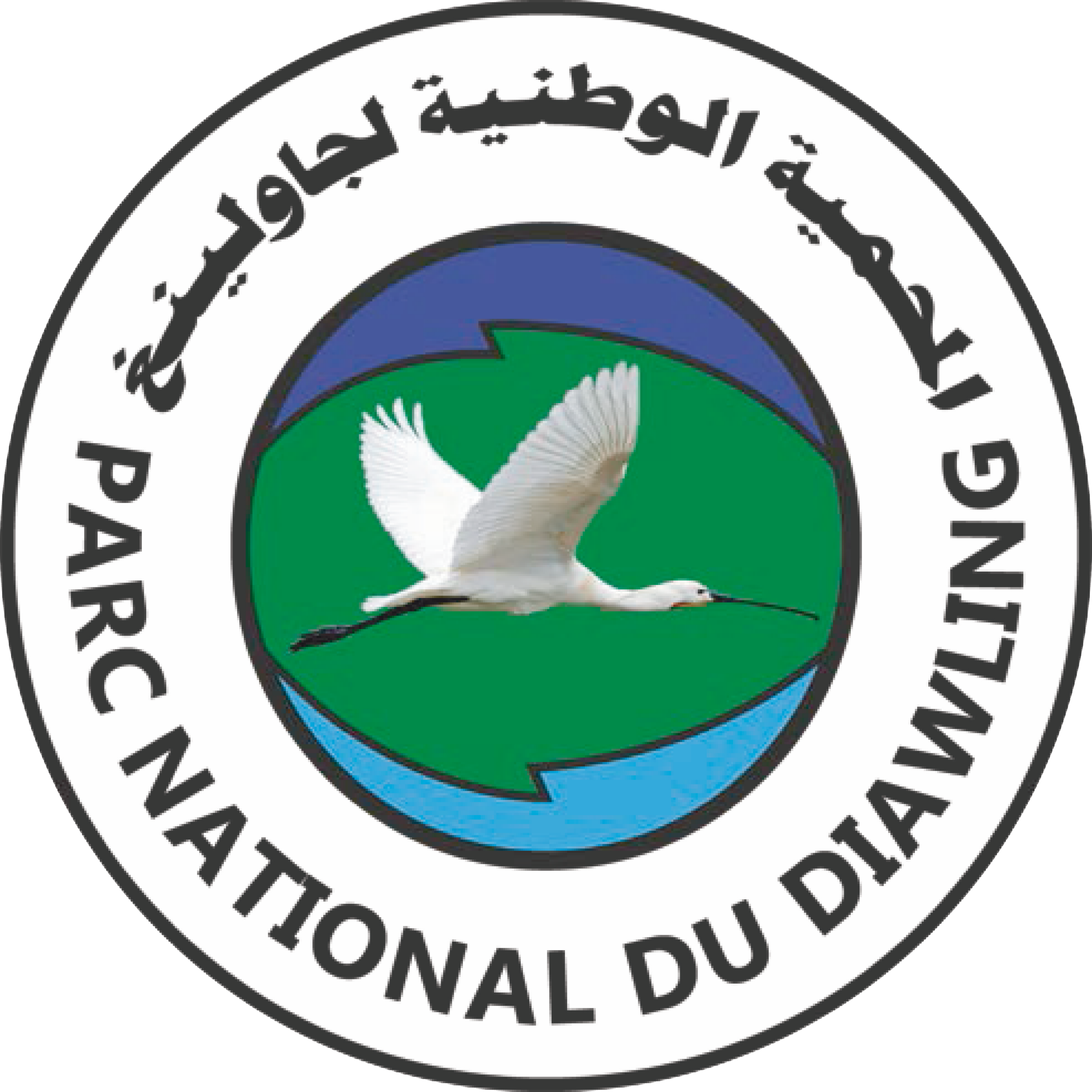A socio-economic development park
In the peripheral zone of the PND there are around 13 inhabitants, spread across around forty villages. More than 000 users of natural resources are organized into 1000 cooperatives, themselves represented by 4 Trade Unions. This human presence in the territory poses several challenges for socio-economic development and improvement in the standard of living, which the PND supports.
The development of basic socio-economic infrastructure to combat rural exodus
The development of infrastructure makes it possible tosignificantly improve the standard of living of local communities. The cumulative action of this development and support for traditional activities makes it possible to fight sustainably against rural exodus, and create favorable conditions for life in the area.
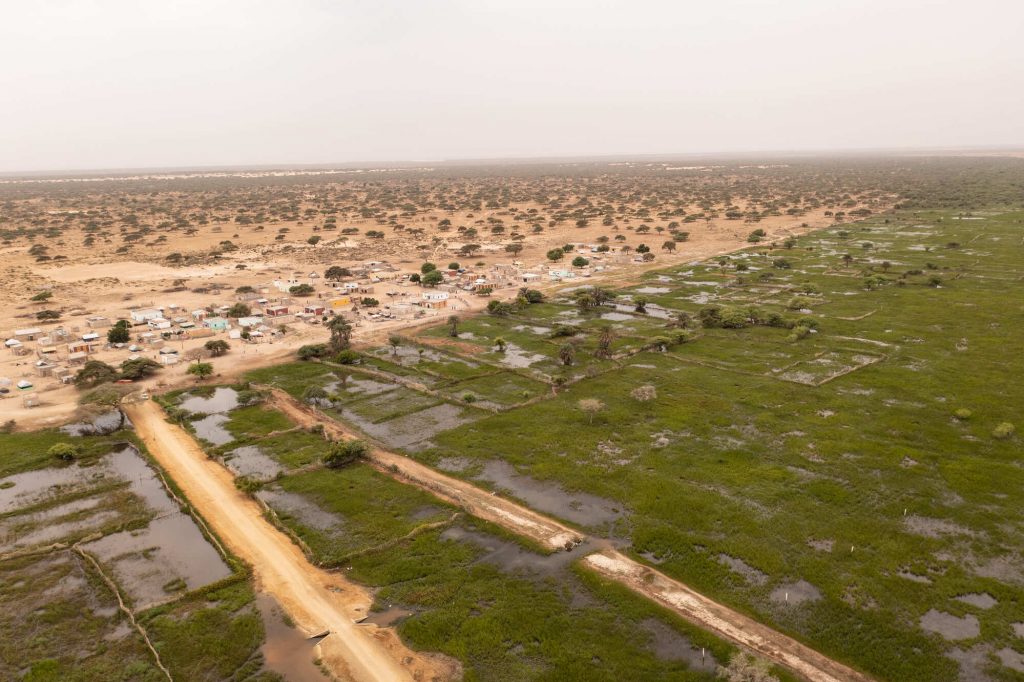
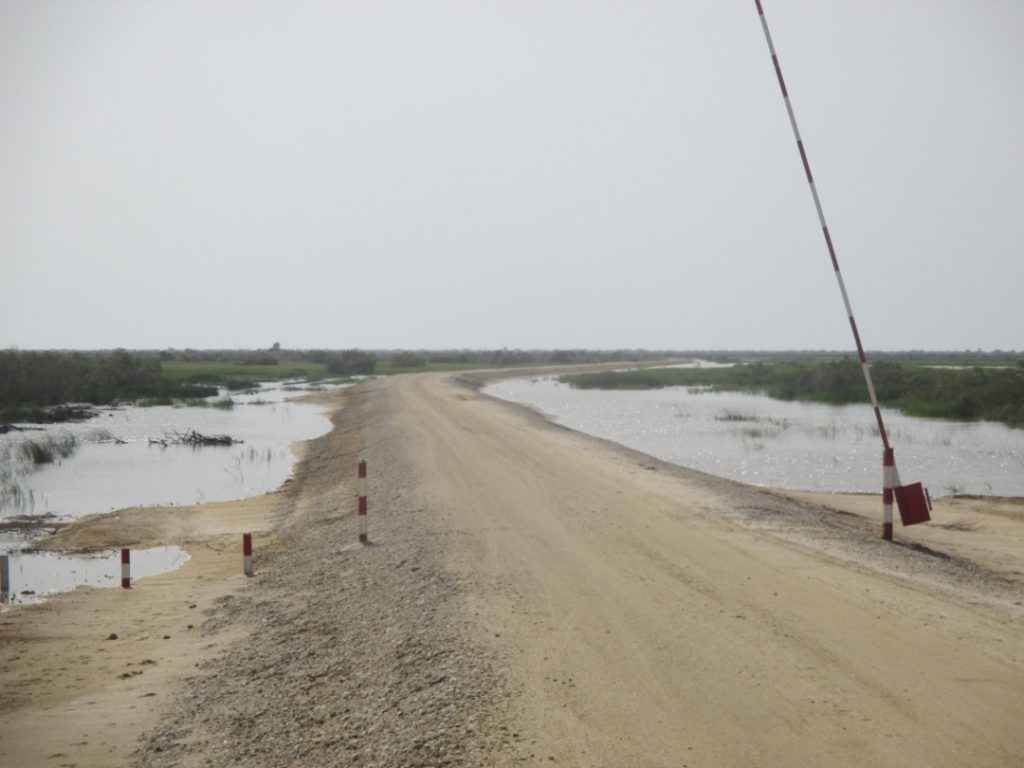
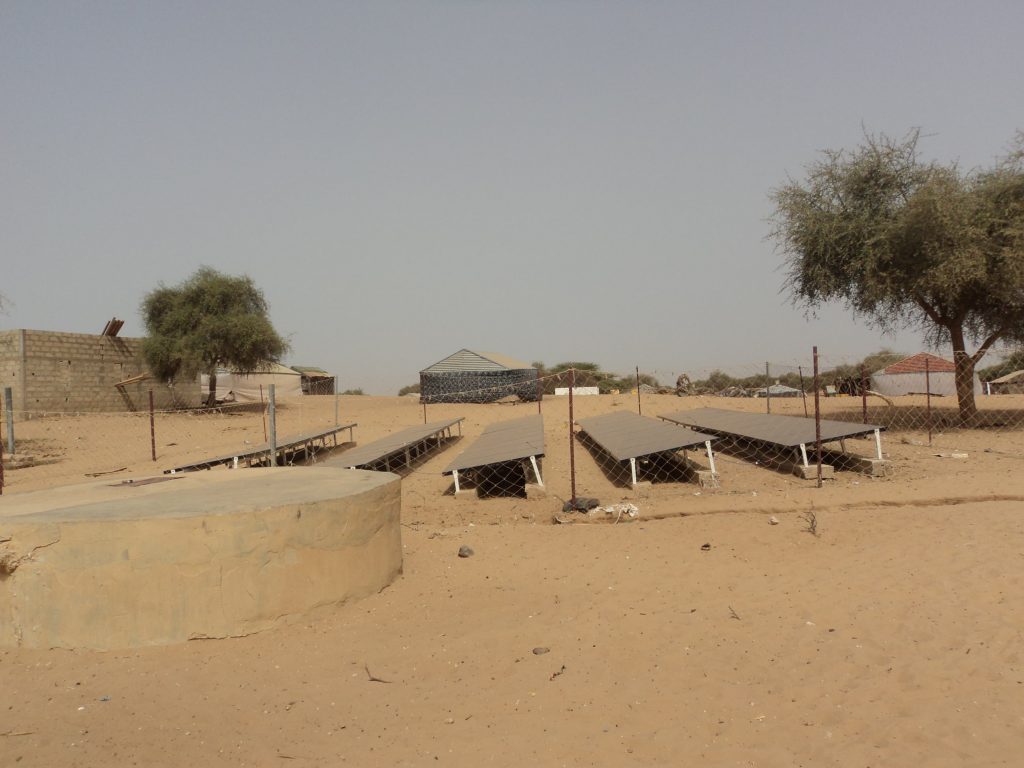
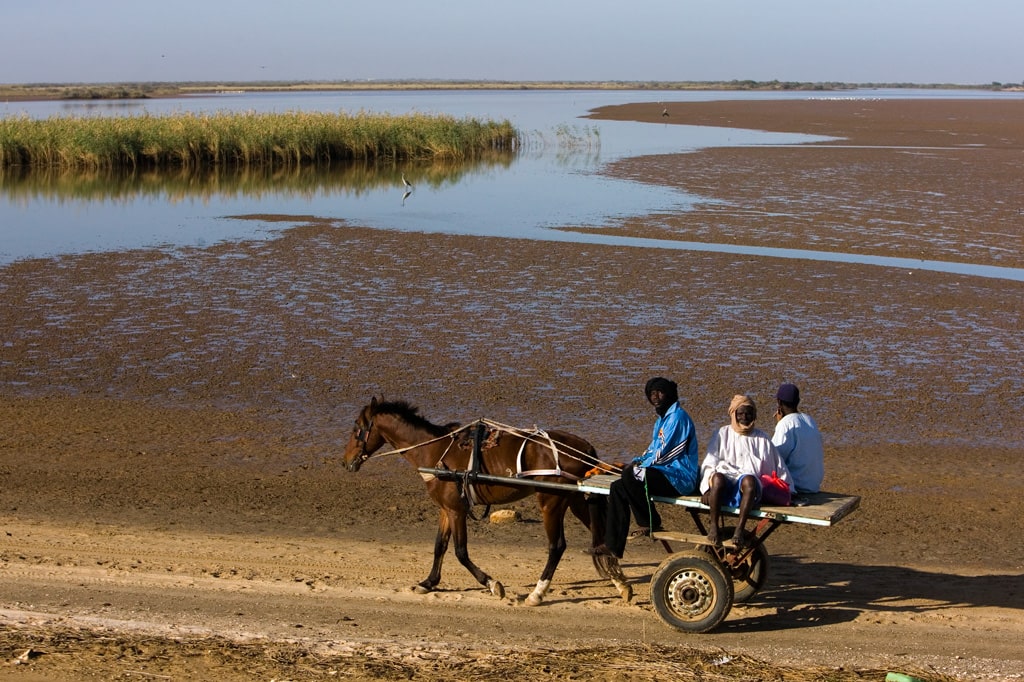
Ensure essential services: drinking water, electricity, traffic routes
- Water Access : Construction of multiple wells, and a drinking water supply network from the river, towards Birette→ Currently, 6 villages are connected to drinking water thanks to the Ziré network. The joining of the PND base camp and the villages of Bouahjra and Ardjedir is underway, which will ultimately allow 8 villages to be covered with drinking water.
- Opening up : Construction in 1994 of 12 km of dikes, and restoration in 2015 by the KfW
- Electrification : Construction in 2016 of a 12km medium voltage line via the KfW
Improve access to health
- 8 active health points in the area: N'Diago, Moidina, Ghahra, Mboyo 1, Diahoss 1, Birett, Zire Sbeikha, and Bouhajra (with the support ofUS embassy)
- 1 pharmaceutical depot for veterinary care (for breeders)
- Organization of awareness sessions with doctors in the area (examples: on COVID-19, avian flu, etc.; to better recognize symptoms, know what actions to take, etc.)
- Promotion of official vaccination campaigns
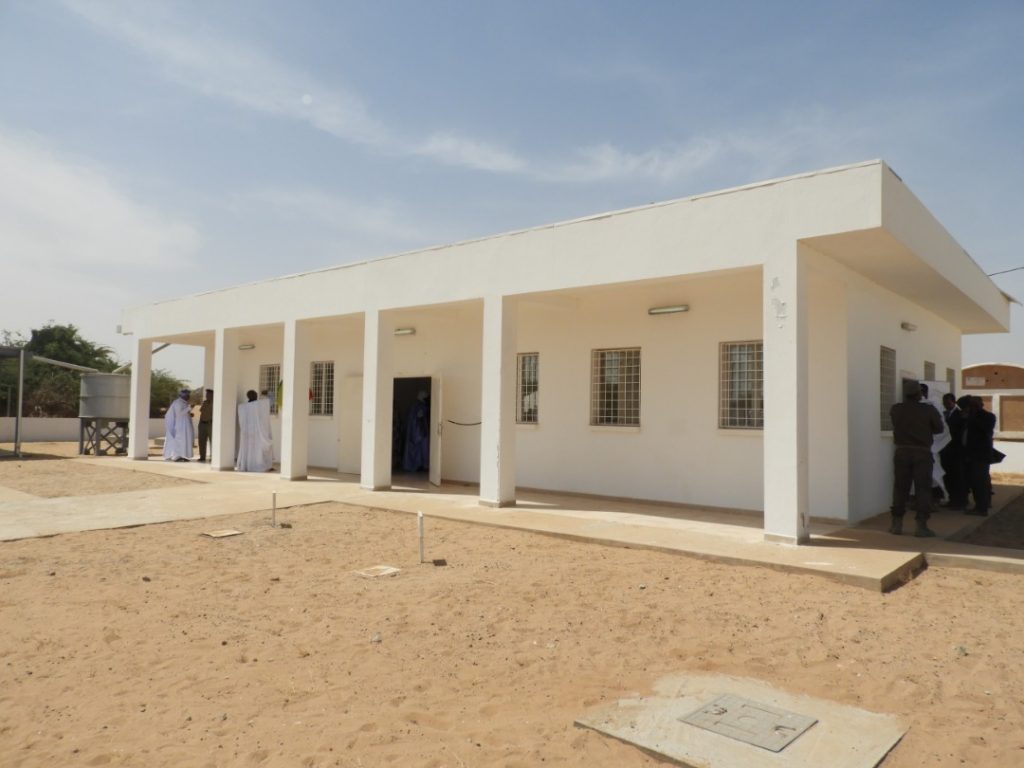
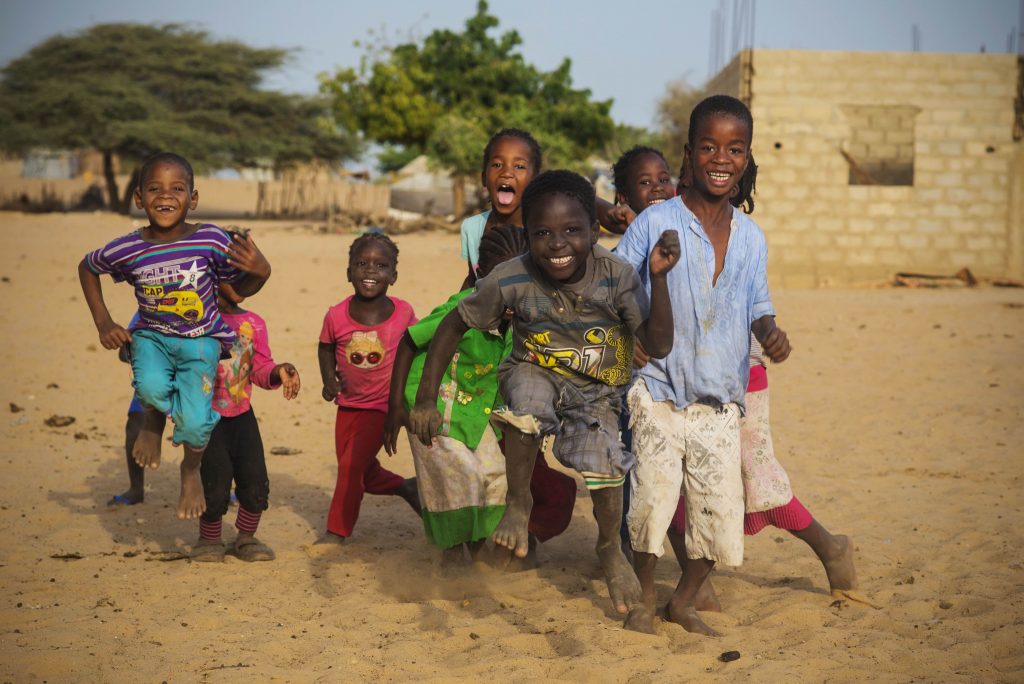
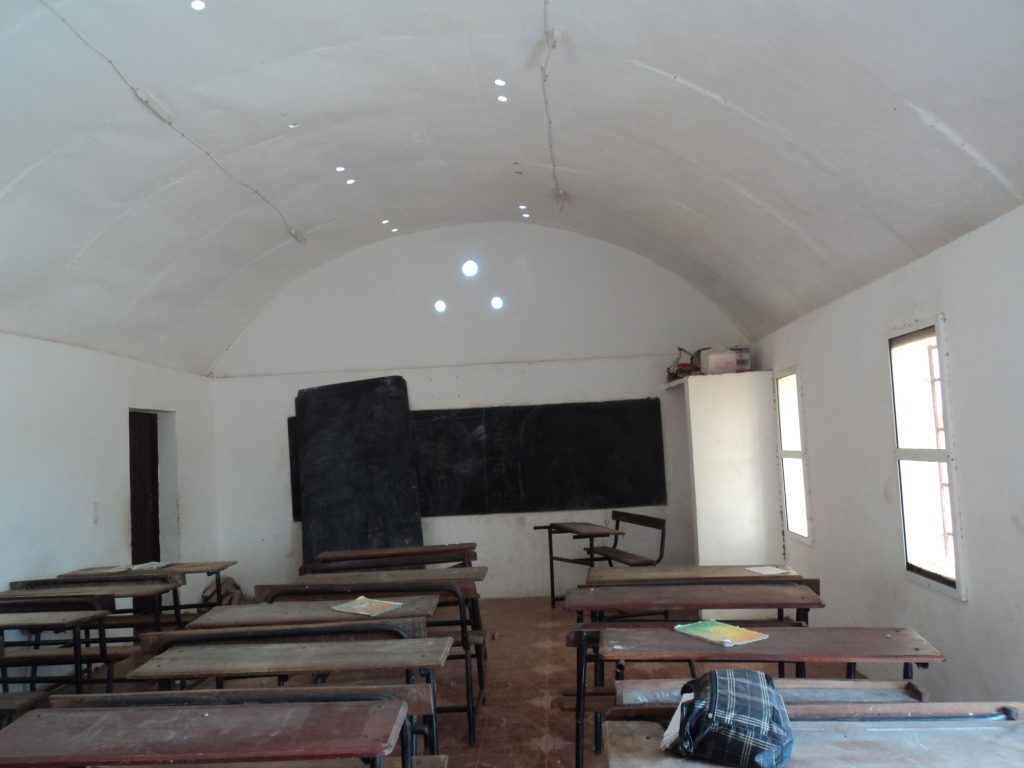
Ensuring the education of children
- In the peripheral area of the PND there are 17 primary schools, 1 middle school, 1 high school and 2 schools for all levels. A school was notably built and another rehabilitated with the support of theAECID.
- As part of the program ofenvironmental education, school supplies and hygiene equipment are regularly provided to establishments.
